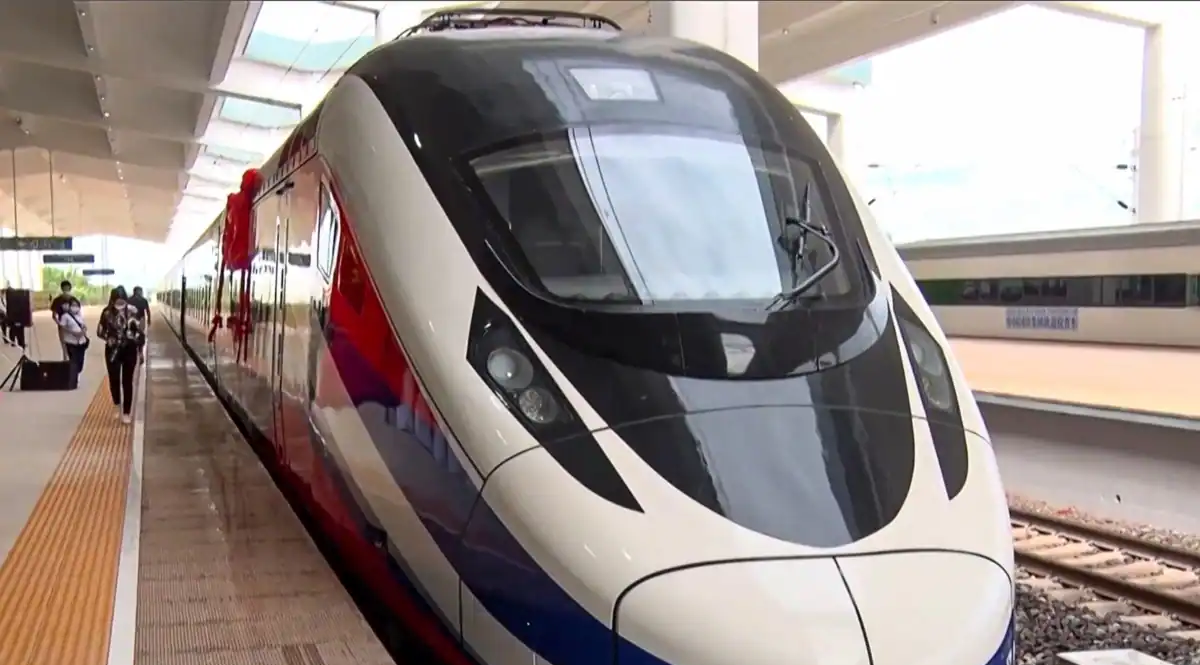A disagreement between Moscow and New Delhi over a $6 billion joint venture in which Russia would build and maintain 120 trains for India’s planned Vande Bharat Express rail service has been resolved.
The largest rail manufacturer in Russia, Metrowagonmash (MWM), and the government-owned, publicly traded Indian company Rail Vikas Nigam Limited (RVNL) are collaborating to build semi-high-speed trains. After resolving the contractual concerns, the project is now back on track.
The partnership was established last year to submit a bid for the Vande Bharat tender, with MWM acquiring a 70% stake and RVNL, a smaller Russian partner, earning 25% and 5%, respectively. The bid defeated competitors including Siemens of Germany, Alstom Transport of France, and Stadler Rail of Switzerland by proposing the lowest price of 1.2 billion (1.322 billion, or US$14.61 million) each train. This allowed the bid to win the contest.
RVNL insisted on a 69% stake to replace MWM as the primary shareholder after obtaining the contract, citing Western sanctions against Russia and asserting that this would result in “smoother movement” for the project. Additionally, it was claimed that it would be a “confidence-building measure” because the project would include importing replacement parts for Vande Bharat trains from the US and Europe. When the Russian side objected to the demand, the deal broke down.
According to current reports, the disagreement has been settled “at the highest level” between the two governments, leaving MWM with the majority ownership. Last week, RVNL announced to the Indian financial markets that its wholly-owned subsidiary Kinet Railway Solutions Limited and Russia’s MWM and LES had inked a purchase agreement.
Since 2019 on 25 routes, Indian Railways has run a short-distance train service called the Vande Bharat Express. At Chennai’s Integral Coach Factory, the first of more than a dozen semi-high-speed trains currently in service in India, was created. In accordance with the government’s ‘Make in India’ policy, the new trains for the service would be made in-country. The trains will cost US$1.8 billion to build, and another US$2.5 billion to maintain, according to Indian Railways.
In the event that it is approved, the first Vande Bharat prototype train must be ready by June 2025 for testing and trials. Once approved, the Marathwada Rail Coach Factory in Latur, Maharashtra, will produce 12 to 18 trains a year, with the consortium handling maintenance for the following 35 years.
